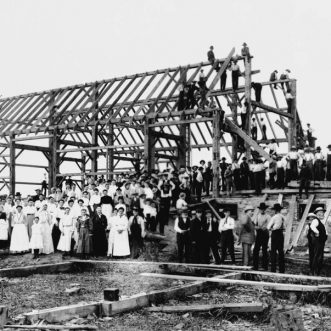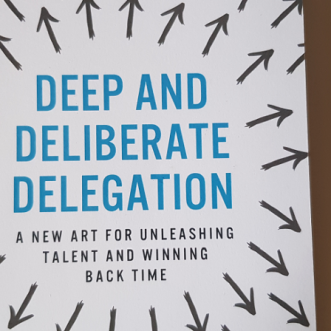July 14, 2020
You start your own business to take back control. To be at nobody’s beck and call. To do what you think is right by your clients.
Once you get good at that, you outsource key functions, take people on to help you deliver, and suddenly, you’ve lost it. The control has gone. You’re at the beck and call of clients, or team members, or suppliers, and it seems impossible to get people to do things the way you would.
A natural reaction is to tighten your hands on the reins, supervise more, intervene more, even to redo the work.
Micromanagement doesn’t work. You only end up working harder, being a nag, and training your people to give up trying.
Instead, give control away as soon as you can.
Not by abdicating, not even by handing it over to superstar colleagues, but by installing your DNA into the way the business works, so that it works the way you want it to when you’re not in the room.
Strangely, creating this kind of control is liberating:
- For your people, because they know the outcomes they are aiming for, and what needs to happen to achieve them, plus they have the freedom to do that with flair and personality.
- For you, because you can relax your vigilance, and concentrate on growing and evolving your business.
- For your business, because its no longer dependent on the individuals who happen to be there at any one time.
We call this writing your Score. Because once you’ve written it, the music you and your orchestra are creating now can last forever, no matter who plays it, or how.
If you want to take back control, start by giving it all away.









